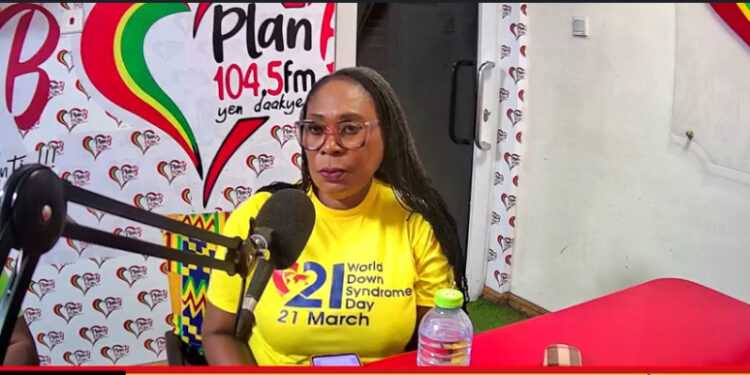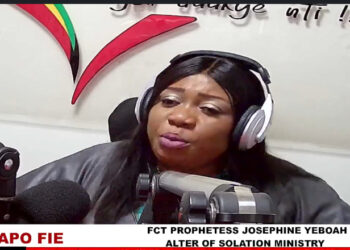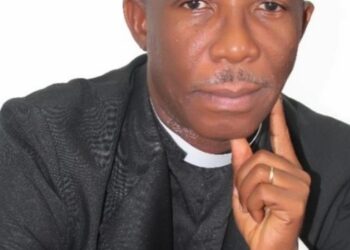The Director of Down Syndrome Ghana Madam Agnes Teiko has advised parents to not give up on their children whenever they give birth to a child with down syndrome conditions.
Speaking on Plan B FM’s family, relationship, and lifestyle show dubbed NYANSAPO FIE, hosted by Nana Asabea Asare, Madam Teiko explained that, most parents with Down Syndrome children feel shy and disappointed to relate to their children and even reject those children in their fate because of their condition.
She said, that being able to stand firm as a mother or a parent to take the necessary care of a down syndrome child is also a blessing because some of them have special and unique abilities which need to be nurtured.
A Pediatrician from Korle-bu Teaching Hospital Dr. Harry Acqua has explained that, Down syndrome is a genetic condition where people are born with an extra chromosome. Most people have 23 pairs of chromosomes within each cell in their body, for a total of 46.
He said a person diagnosed with Down syndrome has an extra copy of chromosome 21, which means their cells contain 47 total chromosomes instead of 46. This changes the way their brain and body develop.
The Dr. stressed that Down syndrome can affect anyone. It’s a genetic condition, and it doesn’t happen as a result of something that the parents did before or during pregnancy. The majority of Down syndrome cases happen randomly (sporadically). People don’t usually inherit Down syndrome in an autosomal dominant or recessive pattern during conception when the egg and sperm meet.
He further stated that, down syndrome causes physical, cognitive, and behavioral symptoms. Not all people with down syndrome have all of these symptoms. Symptoms and their severity are different from person to person.
Moreover, each person with down syndrome is an individual – intellectual and developmental problems may be mild, moderate, or severe. Some people are healthy while others have significant health problems such as serious heart defects.
Children and adults with Down syndrome have distinct facial features.
Dr. Harry said though not all people with Down syndrome have the same features, some of the more common features include a flattened face, Small head, Short neck, Protruding tongue, Upward slanting eyelids (palpebral fissures), Unusually shaped or small ears, Poor muscle tone, Broad, short hands with a single crease in the palm, relatively short fingers and small hands and feet, excessive flexibility, Tiny white spots on the colored part (iris) of the eye called Brushfield’s spots and short height
He said the risk factors of Down syndrome in children is when conceived by parents of any age, but the possibility increases as a person of reproductive age gets older. A 25-year-old has a 1 in 1,200 chance of having a baby with Down syndrome. By 35 years of age, the risk increases to 1 in 350, and it becomes 1 in 100 by the age of 40.
The chances of Down syndrome further increase to 1 in 30 by age 45, according to the National Down Syndrome Society. If you’re over 35 and thinking about getting pregnant, you and your partner may want to undergo genetic counseling to gain more knowledge about your risk.










Discussion about this post